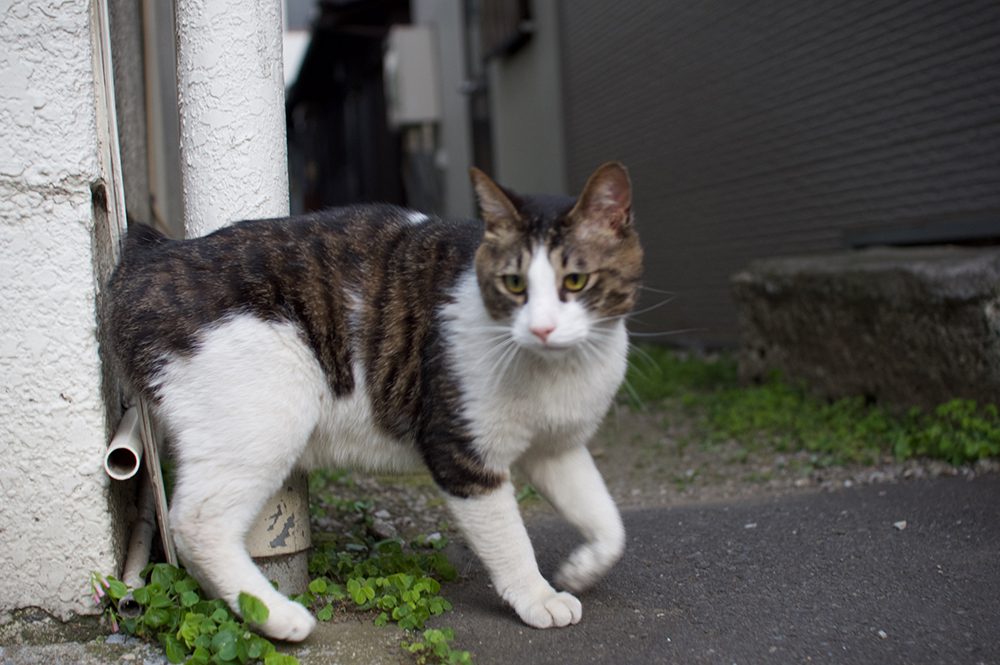My Cat is Limping. What Should I Do?
The first signs of your cat limping may evoke panic and fear. However, it’s essential to remember that limping, also known as lameness, is a symptom rather than a disease itself. Limping is an indicator of pain or discomfort and is often the result of an injury, an illness, or even a structural defect.

A Deep Dive into the Causes of Cat Limping
There are myriad reasons why your cat may be limping. Understanding these causes can give you peace of mind while equipping you with the knowledge to provide the best care.
Common Causes of Cat Limping
- Injuries: The most common cause of limping in cats is physical injury. This could be a small cut, a sprain, a fracture, or even a dislocation. These injuries could occur from a fight with another animal, a fall, or getting their leg caught in something.
- Arthritis: Just like humans, cats can also develop arthritis, especially as they age. This inflammation of the joints can cause considerable discomfort and result in limping.
- Infections or Diseases: Various infections, diseases, or even tumors can cause limping in cats. For instance, Lyme disease (a tick-borne illness) or Feline Leukemia can cause limping.
- Neurological Issues: Problems with the cat’s nervous system, such as a slipped disc or a neurological disorder, can cause weakness or even paralysis in the legs, leading to limping.
How to Approach a Limping Cat at Home
Before bringing your cat to the vet, there are a few steps you can take at home to ensure your cat is comfortable. These steps also help you give a thorough account of the situation to the vet, aiding in a quicker and more accurate diagnosis.
Assess the Situation
- Observe Your Cat: Is your cat still eating, drinking, and using the litter box normally? Is it just a slight limp, or can the cat not put any weight on the leg at all? These observations will help the vet understand the severity of the situation.
- Check for External Injuries: Look for any signs of external injuries like cuts or swelling. However, be careful as your cat may be in pain and could lash out.
- Keep Your Cat Comfortable: While you may not be able to diagnose the issue at home, you can make your cat comfortable. Keep them warm and provide a quiet place to rest.
Remember, even if the cat appears to be in minor discomfort, it’s crucial to seek professional help as cats are experts at hiding their pain.
The Professional Diagnosis Process at Carey Animal Hospital
At Carey Animal Hospital, we understand how stressful this situation can be for both you and your cat. We are equipped with the most advanced diagnostic tools and a highly experienced team to ensure your cat receives the best care.
Steps for Diagnosis
A comprehensive physical examination is the first step in the diagnostic process. This is followed by a thorough discussion about your cat’s medical history and recent activities. We may also perform X-rays, blood tests, or ultrasounds, depending on the initial assessment.
Treatment and Care for Your Limping Cat at Carey Animal Hospital
The treatment of limping in cats is highly dependent on the diagnosis.
What Treatment Looks Like
Minor issues such as small wounds or sprains may only require rest, pain relief, and potentially antibiotics. More severe problems like fractures or serious infections may require surgery. If your cat has been diagnosed with a chronic condition like arthritis, a combination of medication, dietary changes, and sometimes physiotherapy could be the treatment course.
Regardless of the treatment plan, we assure you that your cat will receive the best care at Carey Animal Hospital, designed to alleviate discomfort and speed up recovery.
Preventing Future Cat Limping Incidents
While it’s impossible to prevent all potential causes of cat limping, some steps can be taken to reduce the risk. Regular veterinary check-ups, maintaining a healthy weight, ensuring a balanced diet, and keeping up-to-date with vaccinations and anti-parasite treatments can all play a part in prevention.
While a limping cat can be a cause for concern, with timely and professional veterinary care, your feline friend has a high chance of making a full recovery.
Call us at (513) 531-7117 to make an appointment if your cat is limping or visit our website Carey Animal Hospital for more information. Our team in Cincinnati, OH, is committed to providing the best care for your pet, so you can enjoy many more years with your furry friend.

